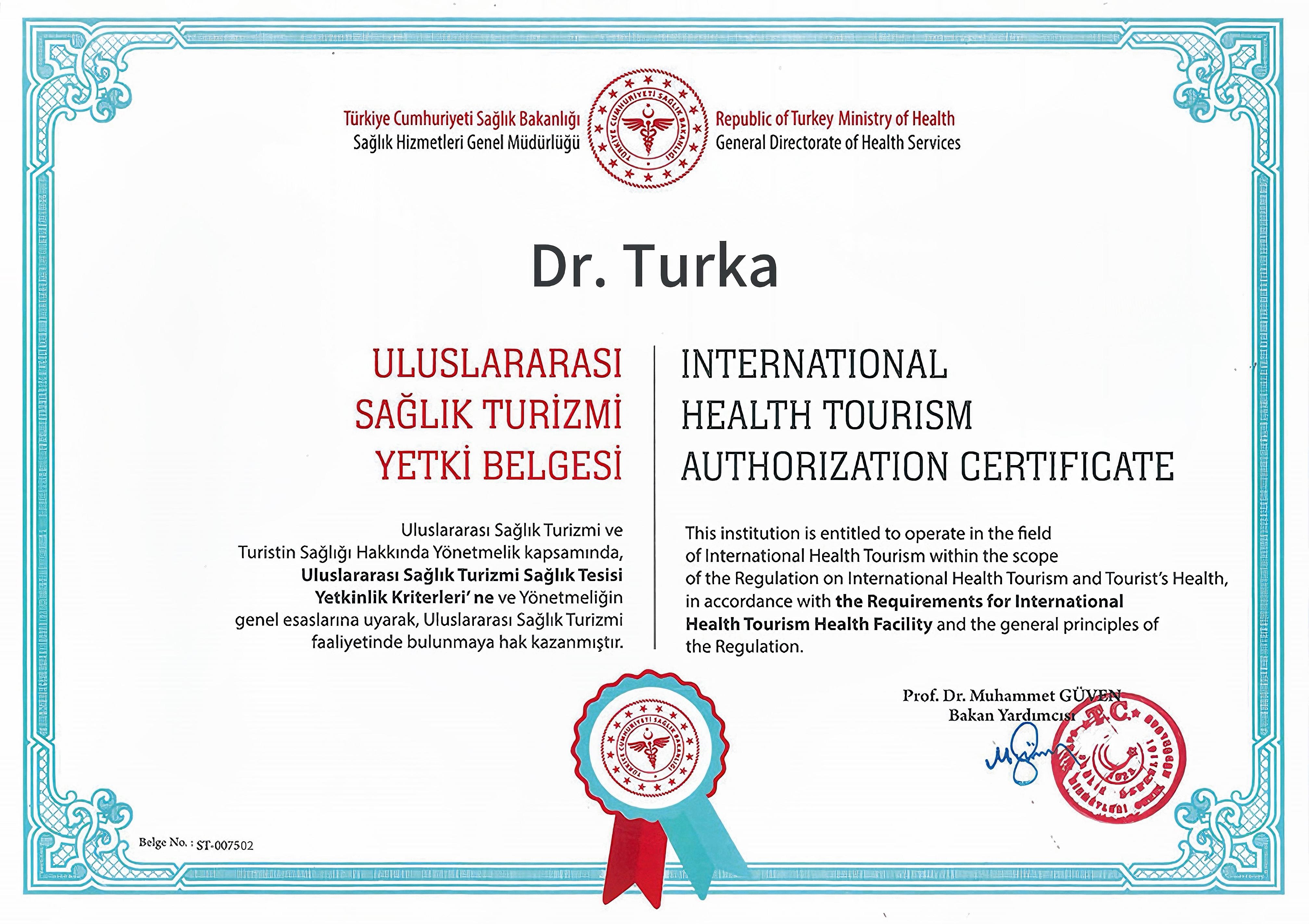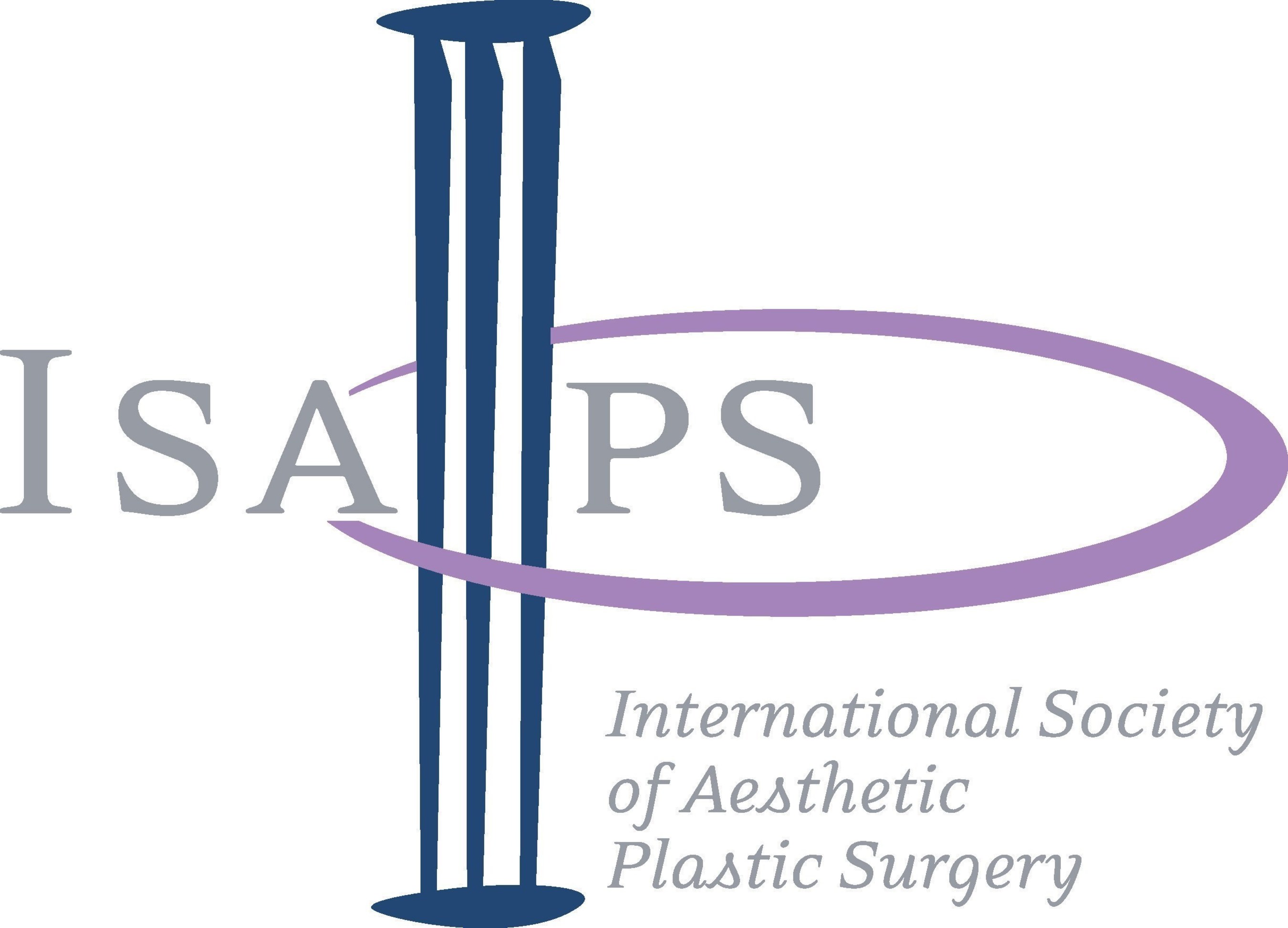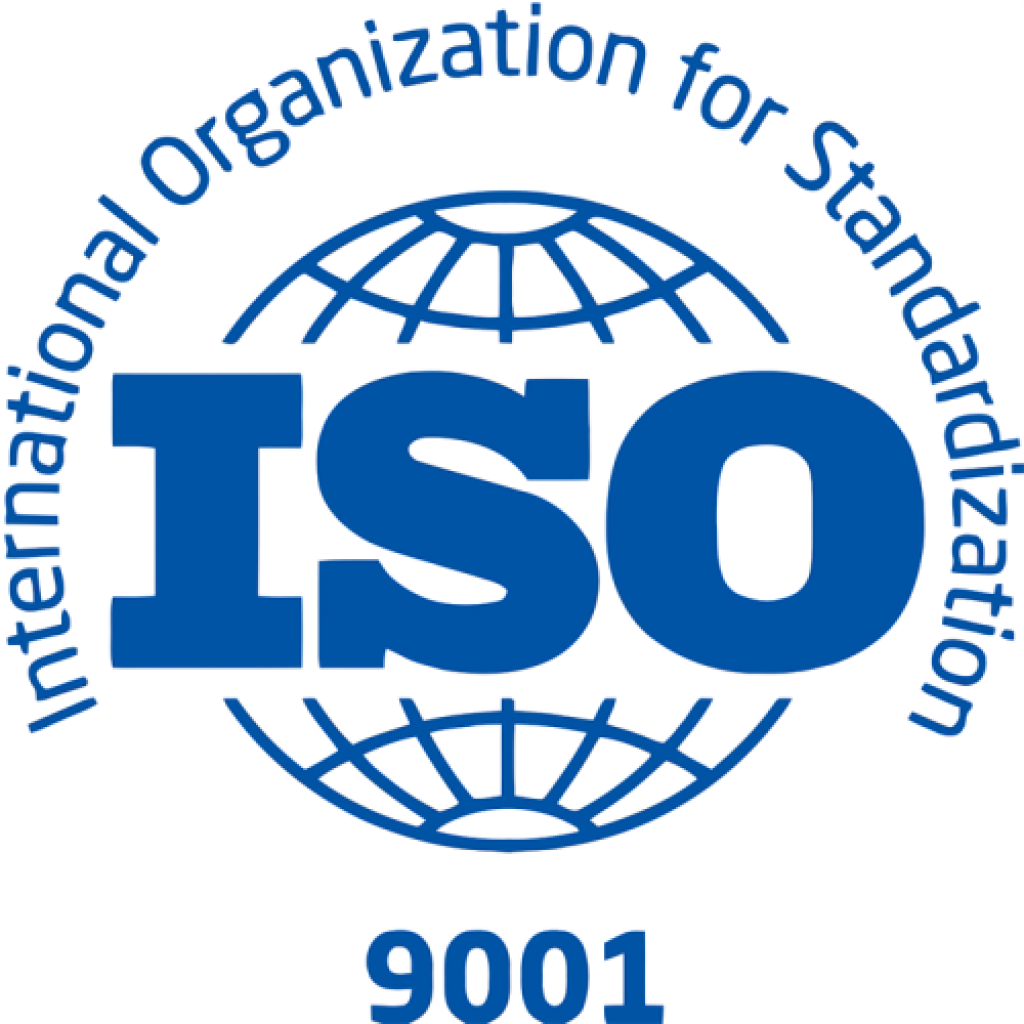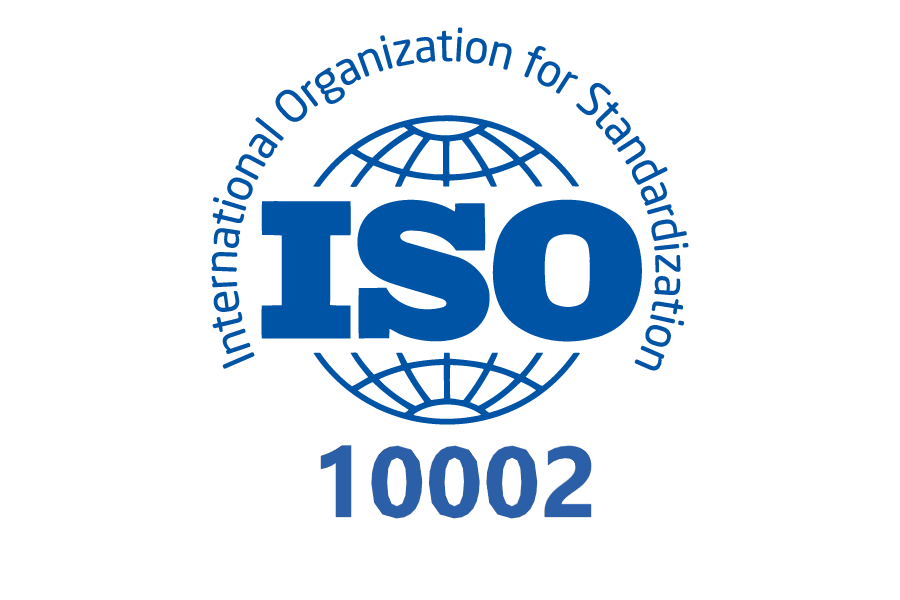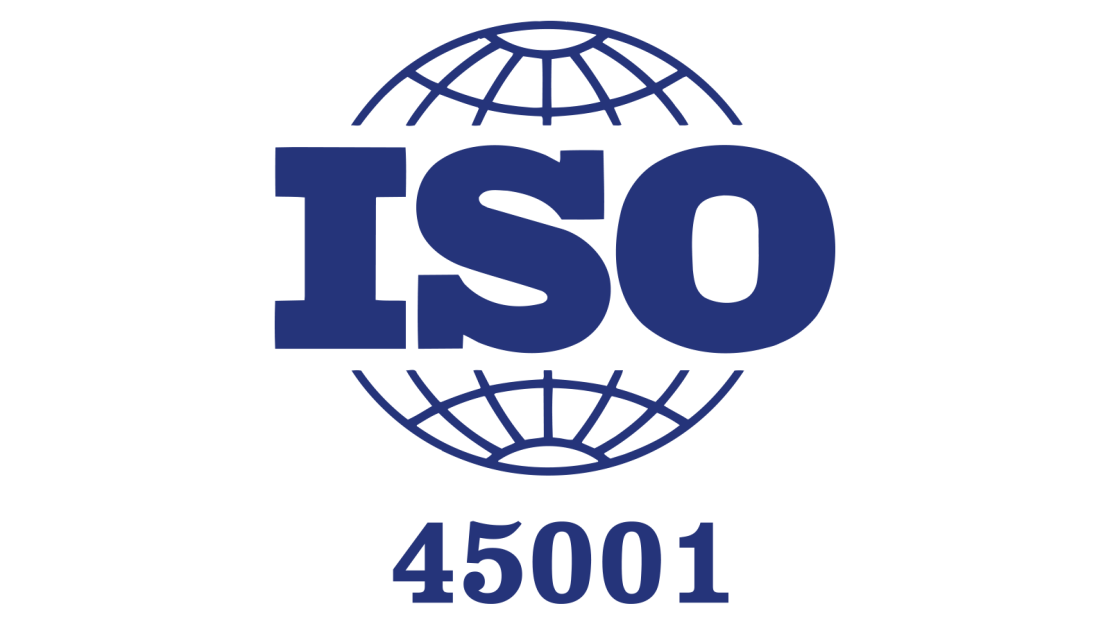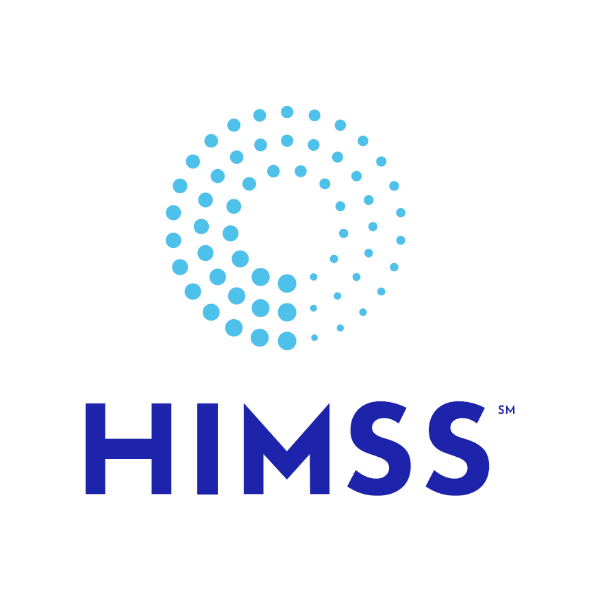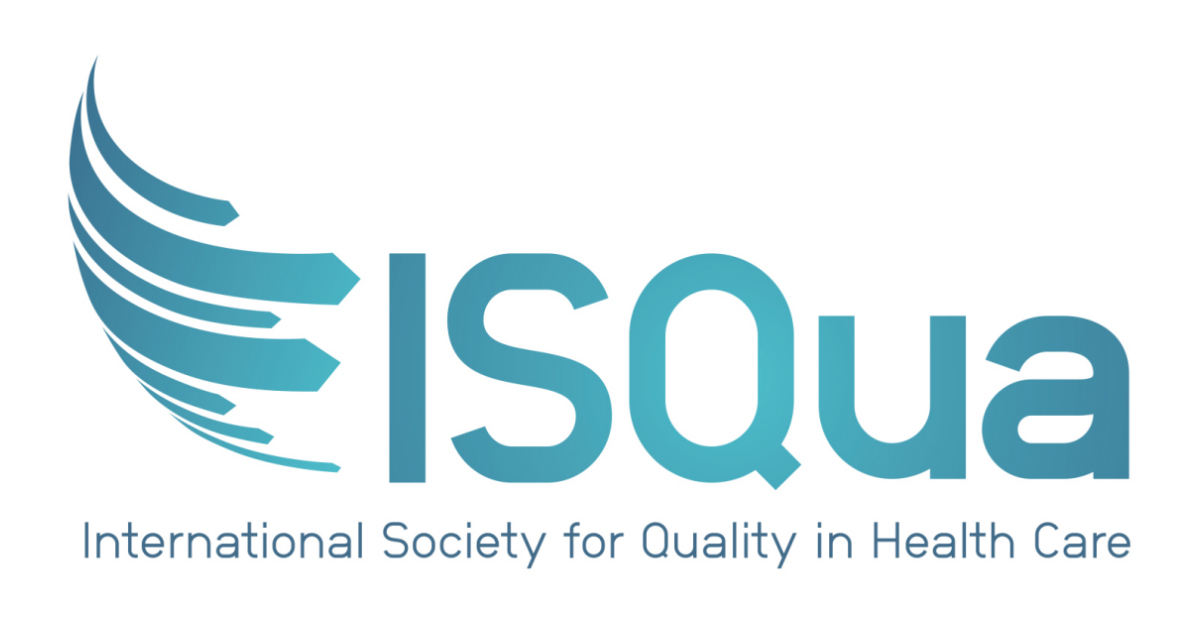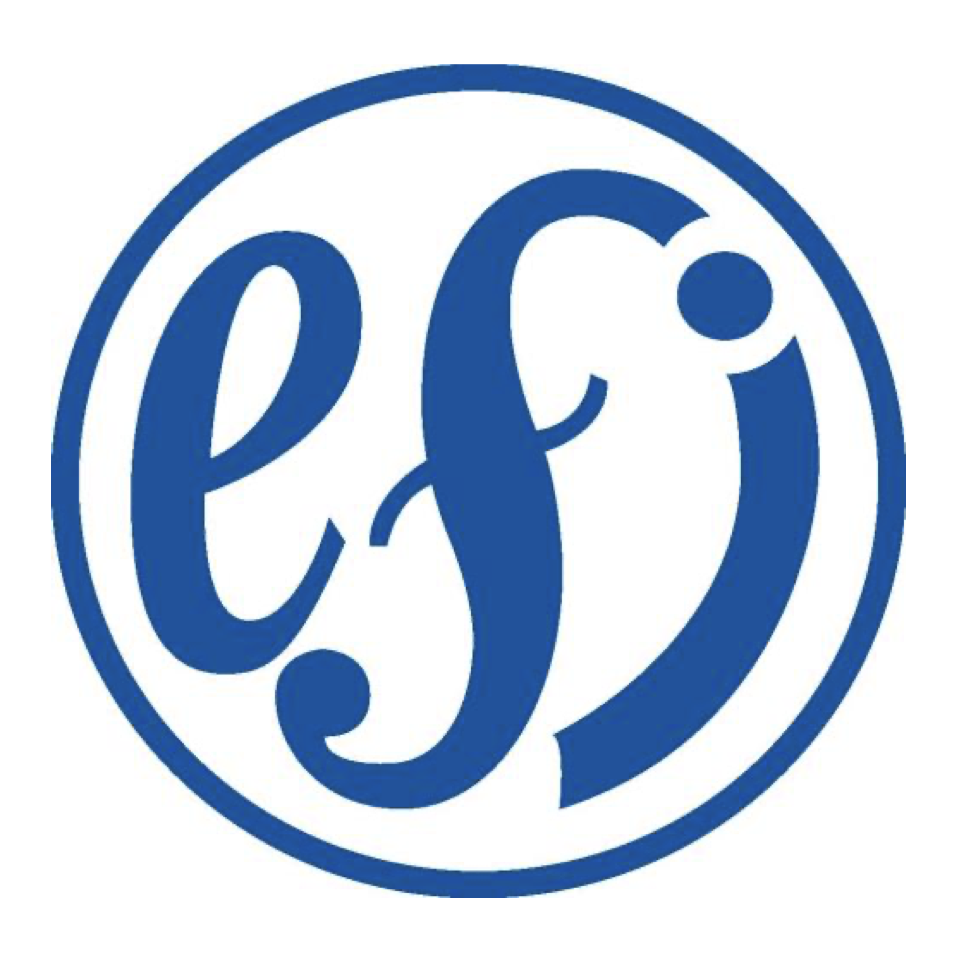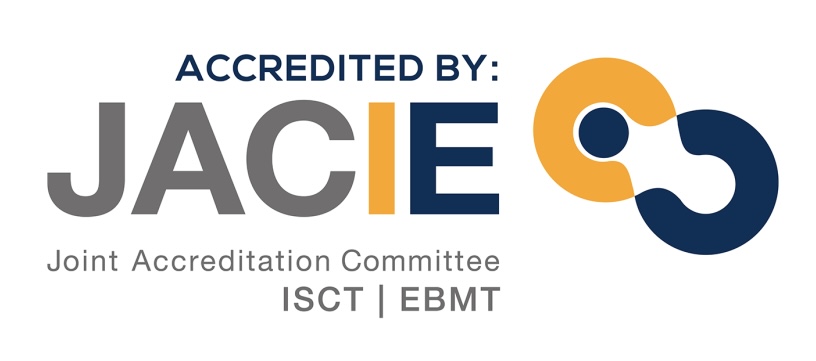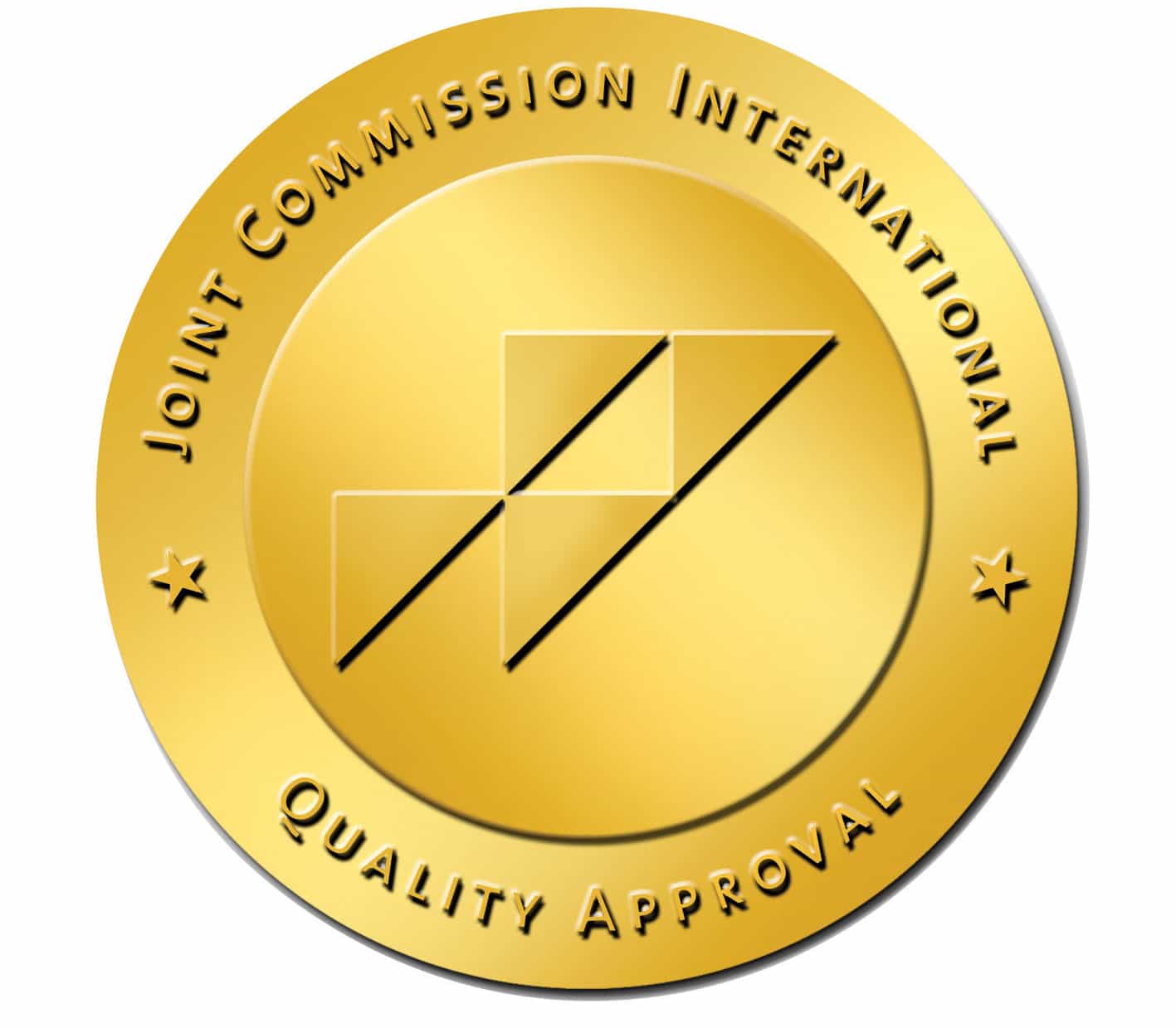
Cardiology and CVS Center
Cardiology and CVS Center
Our Cardiology Departments are the departments where cardiological clinic and laboratory activities are conducted and diagnosis and treatment methods are applied. Within the adult cardiology section, the departments are comprised of coroner intense care units, cardiology policlinics and a cardiologie laboratory where non-interventional examinations (EKG, effort test, echocardiography, Holter, ambulatory blood pressure control] are carried out.
Echocardiography
Echocardiography is a completely safe and non-interventional examination assessing heart anatomically and functionally. After echocardiography, information is acquired in terms of the state of pumping function of heart, nature of cardiac valves and their functional sate and structural abnormalities of heart. It is important in detecting the presence and severity of leakages and tightening in cardiac valves in diagnosis of congenital heart disorders and myocardium diseases.
Holter
It is the record of heart beats by a device carried for 24-48 hours and then the conversion of these to EKG traces by a computer program. Therefore, abnormal rhythms, extra beats as well as changes indicative of ischemia in EKG can be detected. Besides it could be used in order to trace the impact of the treatment.
Ambulatory Blood Pressure Follow-up
It requires the portable sphygmomanometer which records tension measures once every 15 or 30 minutes to remain upon the patient for a period of 24 hours. It is plugged for patients diagnosed with hypotensive and hypertensive and seldom for assessing the response to the treatment.
Effort Tests Treadmill
In Cardiology Departments of Dr.Turka Partner Hospital, tread mill tests are practiced as effort tests. Tread mill, publicly known as running mill, is based on walking of a patient in accordance with certain protocols while he/she is plugged to a 12-derivative EKG device, and running as the mill speed is regularly increased. In case of a positive result, the diagnosis of cardiovascular disease is ensured along with a further examination such as cardiac catheterization.
Hypertension
It happens when your blood pressure measured by the sphygmomanometer on your arm is equal to or more than 140/90 mmHg. Blood pressure is the power that the blood in your veins, due to the energy that your heart generated, against the vein periphery. The situation that is called hypertension is that these values measured by the physician are above 140/90 mmHg at least in two separate days. Approximately one fifth of every adult is hypertensive. The frequency of hypertension increases along with the age. There is hypertension in 60% of those over 60 years, 66% of those over 70 years. The frequency even increases in those who are overweight. Hypertension is essential a hereditary disease. Therefore it is more frequent in families having a hypertensive member. There is no complaint in the initial phase of hypertension. That is why hypertension is called "silent murderer." However, if your blood pressure level is too high you will have the complaints of headaches, over-sweating, exhaustion, confusion, visual impairment and restlessness. If not treated, hypertension disrupts brain, heart and kidney veins in a slow pace and leads to functional disorders in these organs, are above 140/90 mmHg at least in two separate days.

